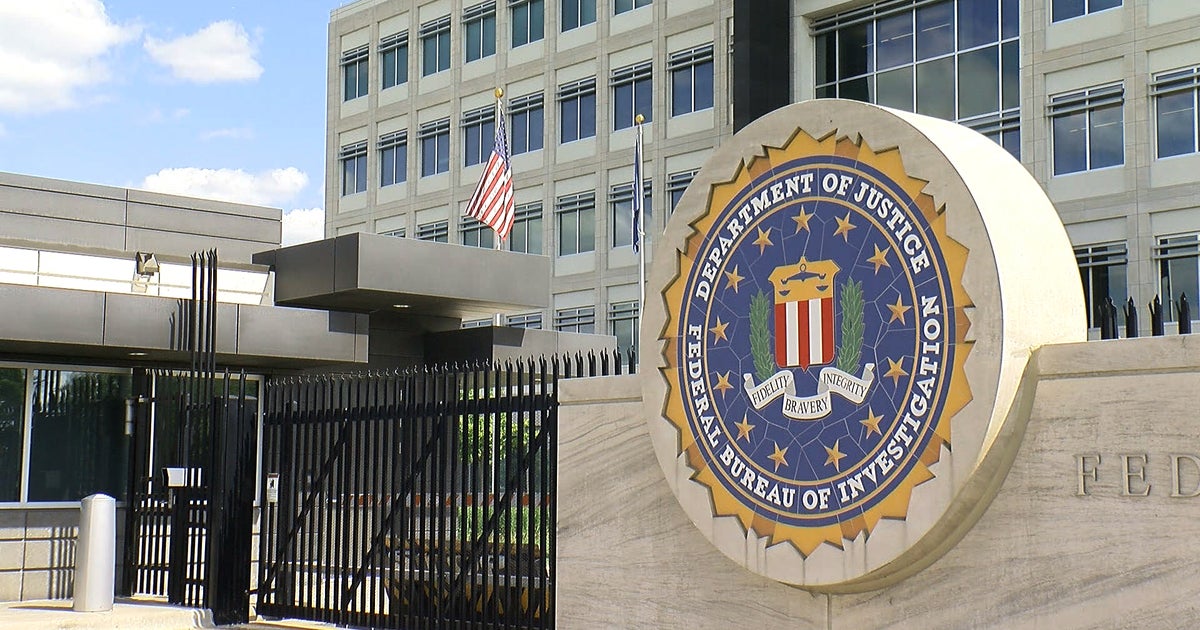Florida police say they broke up drug ring selling fentanyl and xylazine
Police in Florida, announced that they had dismantled a drug trafficking operation in the area, leading to about 15 arrests. Among the drugs being sold was xylazine, a powerful veterinary sedative that has entered the U.S. drug supply and become increasingly prevalent as a way to extend opioid highs.
The drugs were being brought to areas "that we're already having massive problems with," such as the Oak Ridge corridor in Orange County, said Captain Darryl Blanford with the Orange County Sheriff's Office Narcotics Squad, in a Tuesday news conference. The area has had 150 drug overdoses, including nine fatal overdoses, since 2022.
As part of "Operation Moscow Mule," undercover agents infiltrated a group and found information about the supplier, who is located in New Jersey. Officers intercepted someone carrying drugs destined for the corridor.
All but one person involved had been arrested, Orange County Sheriff John Mina said. The 15 people arrested face "various charges," according to assistant statewide prosecutor Ashley Wright. Wright declined to comment further on what those charges were, citing an "active ongoing investigation." Blanford said that the alleged ringleader of the organization, Jazzmeen Montanez, had previously been arrested and served a prison sentence for selling fentanyl.
Blanford and Mina also warned about the prevalence of xylazine in the drugs found. Blanford called the use of the substance a "growing trend" that was "accelerating at an extremely fast pace." Mina said that three overdose deaths in Orange County this year have been linked to the drug.
In April 2023, the federal government labeled xylazine an "emerging threat."
As CBS News has previously reported, xylazine was first detected in Puerto Rico in the early 2000s, and there were reports of drug users in the United States using it as early as 2008. More common use was beginning to be reported in 2019. By 2023, it was present in most states in the country, with the Drug Enforcement Administration saying in March 2023 that nearly a quarter of powdered fentanyl tested by the agency's labs in 2022 contained xylazine.
Xylazine is a sedative, not an opioid, so it does not respond to naloxone, which can reverse opioid overdoses. However, the Centers for Disease Control and Prevention and other experts in the field still recommend naloxone be given, because there are few side effects to an unnecessary dose of the reversal medication and xylazine is usually taken alongside an opioid like fentanyl.
"The naloxone will still work on everything that's an opioid," said Anita Jacobson, a pharmacist and clinical professor at the University of Rhode Island College of Pharmacy, in April 2023. "Any opioid will be reversed, and breathing will be restored, but they may still be sedated, because xylazine is a sedative and its effects are not reversed. Responding to an overdose has changed in that regard. People may not wake up when they're given naloxone, but it will restore their breathing. The focus should be 'Are they breathing normally?'"
Xylazine can also cause complications like bedsores, from being asleep in one place too long, and injuries, from falling unexpectedly. The most alarming complication, and one referenced by Blanford, is wounds on users' bodies.
Alixe Dittmore, a training and content development coordinator with the National Harm Reduction Coalition who provides direct care to people who use drugs, told CBS News in April that these wounds often appear on injection sites or on limbs. The wounds are not like abscesses, which are common among injection drug users, but instead resemble blisters that open and expand, leading to a risk of infection and often growing wider instead of deeper. The wounds can become necrotic and in some cases lead to soft tissue injury.



